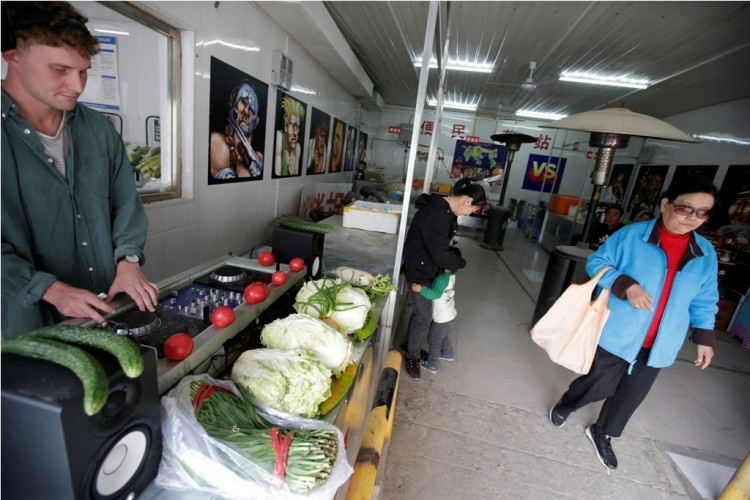China is looking to develop new initiatives for boosting consumption that will revolve around the country's brick-and-mortar sectors. Senior commerce officials said the main goal is to expand virtual shopping among consumers.
According to China Daily, Vice Minister of Commerce Wang Bingnan said Beijing will implement certain measures to help encourage domestic consumption. Reforms will be rolled out to provide improvements on the country's logistics facilities.
Among the major projects under this initiative is the renovation of China's pedestrian streets where many virtual shops are engaged in. Tariffs will be reduced on various sectors including food and wine, cosmetics industry, and pharmaceuticals.
Wang said that last year, 11 pedestrian zones were revamped as part of the plan. With some of China's most popular streets renovated, the ministry is expecting pedestrian volume to exceed 1 billion annually.
The ministry has urged local governments to prioritize the initiative to ensure that national consumption will be upgraded in the coming years. "These moves are a practical response to the government's call to form a stronger domestic market," Wang noted.
China's extended May Day holiday helped support the ministry's plan of boosting domestic consumption by enhancing virtual shops around the country. Statistics from the four-day holiday reveal that domestic sales soared.
As reported by Xinhua, economic analysts said robust consumption during the long holiday proved that China's economy is resilient to the global slowdown. The Ministry of Culture and Tourism said revenue during the holiday hit $17.48 billion and 195 million domestic trips were made.
On Labor Day alone, 17.24 million railway trips were made. The China Railway Corporation (CRC) said these figures account for a 44.3 percent increase year-on-year. While domestic trips boomed, outbound travels also saw a hike. Most overseas trips were made to other regions in Southeast Asia such as Japan.
Suning revealed that sales of travel insurances hiked by 14.4 percent as travel-centric sectors gained momentum. Travel products such as pet bags also soared by 200 percent during the May Day holiday.
Meanwhile, Beijing has been hard at work in its bid to further improve the economy by boosting both virtual and digital consumption. China's economy has done well so far in Q1 2019.
Last month, data from China's first quarter of 2019 annual report revealed that the Chinese economy slammed expectations by recording a 6.4 percent growth rate. According to BBC News, economists previously forecasted that the economy will only expand by 6.3 percent.
To boost a slowing economy, the Chinese government has imposed tax cuts. A rather sharp rebound in factory output also helped achieve the latest expansion rate.






